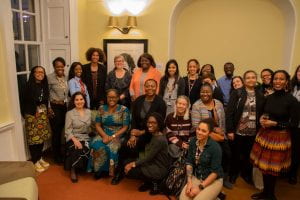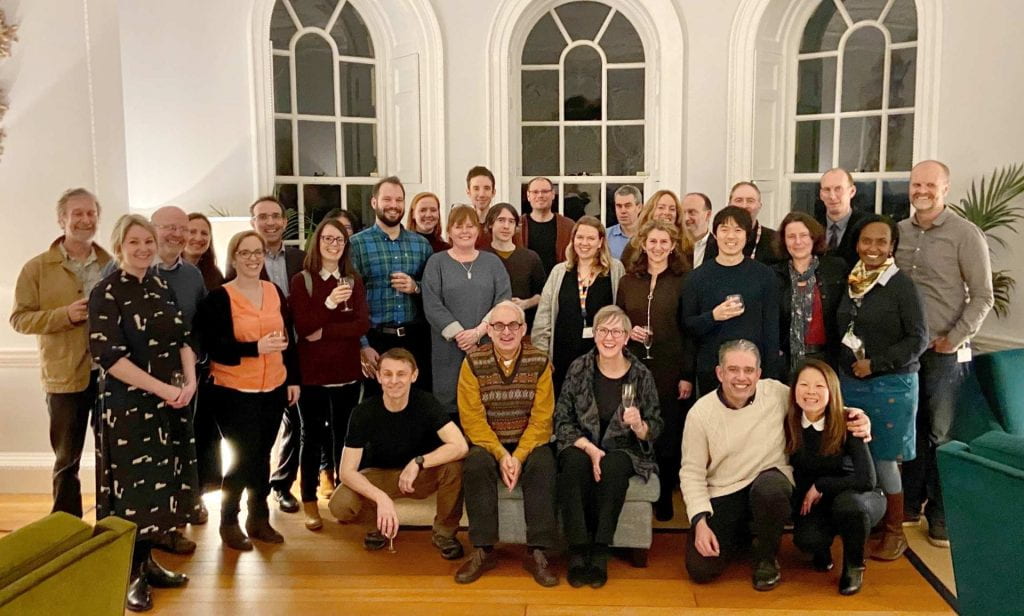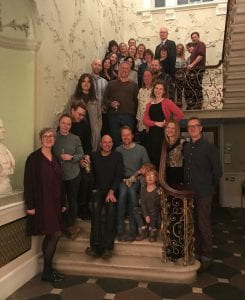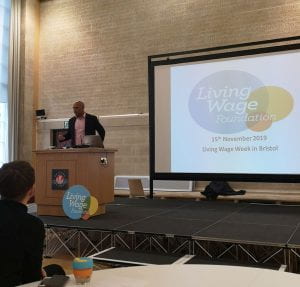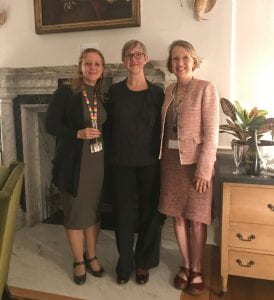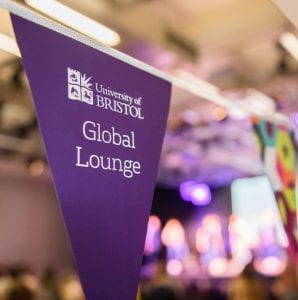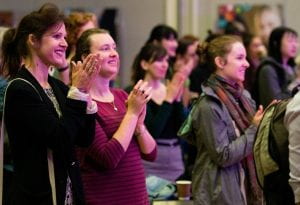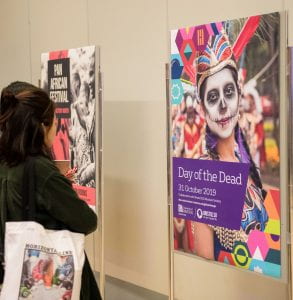The reality of racism was brought into sharp and disturbing focus last week as we saw how for some people Black lives simply do not matter. Sadly, the death of George Floyd in the United States is not a one-off occurrence and Black communities across the globe face racism, violence, and discrimination on an everyday basis.
We stand in solidarity with our Black staff and students against all forms of racism and social injustice. At times like these, it is all too easy to look to people of colour to educate those around them, adding to the pressure and trauma that many are already experiencing during this time.
We recognise that it is not the responsibility of our Black colleagues and students to convince us why we need to tackle societal, structural, and institutional racism. It is the responsibility of us all to eradicate racism. We will continue to challenge this through our research, our education, and our civic engagements. Our University with its critical role in education and shaping social policy, must be at the forefront of the continuing struggle against prejudice and inequity based on race.
We recognise that, as a University, we still have our own issues, and we are working hard to address these. Many of our Black students and staff feel isolation and discomfort as they experience daily microaggressions across campus. We encourage students and staff to report any incident of racial harassment and seek support from us. There is no place for racism at our University.
As the global coronavirus pandemic continues, we are also aware of evidence that Black people, as well as Asian and Minority Ethnic (BAME) people, are at disproportionately higher risk of illness, death, and bereavement. We are conscious that this places additional stress and burden on our community. We offer wellbeing and mental health support to all our staff and students including those affected by racism:
- Nilaari telephone counselling – this service is prioritising members of the BAME community who have recently lost a loved one (0117 952 5742; clare@nilaari.co.uk)
- Student Wellbeing Service
- Student support services
- Multifaith Chaplaincy
- Staff Mental Health and Wellbeing Support
- Black, Asian and Minority Ethnic Staff Network
- Report and Support
- Samaritans phoneline which is open and free 24/7 (116 123; jo@samaritans.org) or use their app
To find out more about our activities to support our institutional commitment to race equality please see our Institutional Statement on Race Equality

